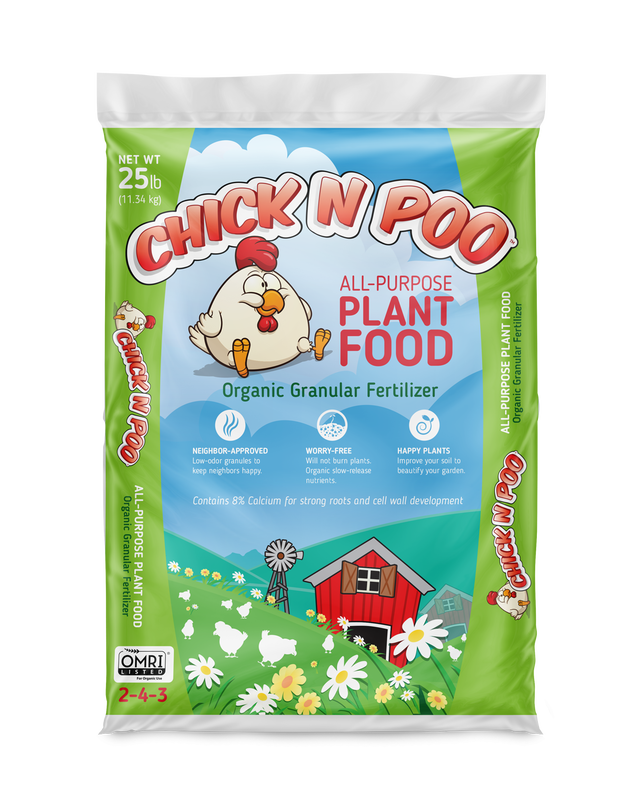Sorry if this has been covered, I have been reading up all week.
After moving, I have to start over. I have no containers or mix coming into this season.
So, I bought several different size containers. When I went to pickup my ocean forest potting soil they were low on stock.
So, my question is- I know there are benefits to using composted pine bark, but how about adding some fresh pine bark (bagged stuff at the local store) to the ocean forest to help it go a little further?
I will be starting a compost pile (of pine park) for next season, but could use something to make the ocean forest go a little further this season.
Thanks in advance!
After moving, I have to start over. I have no containers or mix coming into this season.
So, I bought several different size containers. When I went to pickup my ocean forest potting soil they were low on stock.
So, my question is- I know there are benefits to using composted pine bark, but how about adding some fresh pine bark (bagged stuff at the local store) to the ocean forest to help it go a little further?
I will be starting a compost pile (of pine park) for next season, but could use something to make the ocean forest go a little further this season.
Thanks in advance!


